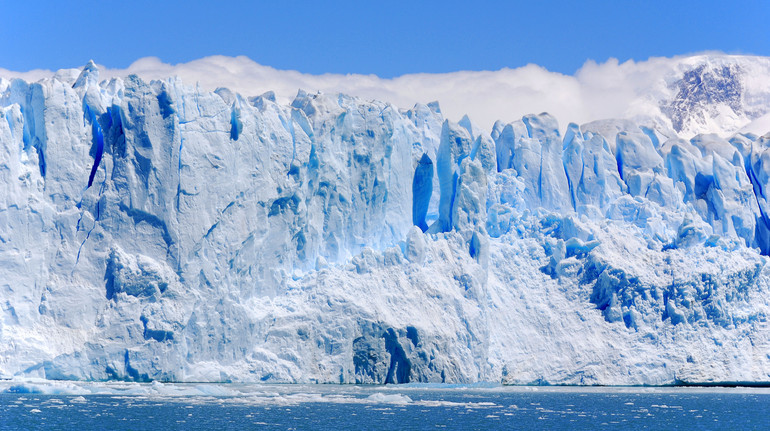Glaciers will lose 40% of their mass through warming – scientists

Glaciers will lose 40% of their mass through warming – scientists
Meunierd/Depositphotos
Due to climatic changes, glaciers will lose almost 40% of their weight. Even if the global temperature stops growing sharply, it will not save them.
In the worse climate scenario, losses can increase by almost 80%.
Such conclusions have reached scientists in the study, Posted In Science Scientific Journal, writes CNN.
According to scientists, glaciers will lose 39% of their weight compared to 2020. This trend is irreversible and will probably promote 113 millimeters.
Current climate policy is likely to be able to keep global warming below 1.5 ℃. And if humanity continues to adhere to it, the loss of glaciers will increase to 76%.
The second scenario may be catastrophic for countries that depend on the melt water of glaciers for irrigation, energy and water supply.
According to the researcher of glaciers James Kirkham, the loss of 39% of weight can be adapted, up to 76% cannot be done.
« This study we want to show that with every tenth of a degree of degree reducing global warming we can keep glaciers » – Lilian Shuster co -author of the study.
In 2015, nearly 200 countries pledged to cooperate under the Paris Agreement in order to limit global warming at a level not higher than 2 ℃ more than a pre -industrial one. Ideally, not higher than 1.5 ℃.
However, the temperature continues to increase – the world goes to warming for 2.9 ℃ until 2100. Each additional increase of 0.1 ℃ between 1.5 and 3 ℃ warming leads to additional loss of 2% of the weight of glaciers.
To obtain this data, scientists used eight models of glaciers and created simulations with forecasts of the development of each glacier. Therefore, they had a wide range of results.
For example, the conclusion that glaciers will lose 39% of their weight, if current temperatures remain, are the average result of data that ranged from 15-55%.
However, all models prove one pattern: the more warming, the more we lose glaciers.
Recall, 2024 became the hottest throughout the history of observations. The global temperature for the first time exceeded an international level of warming in 1.5 ℃.




/s3/static.nrc.nl/images/gn4/stripped/data132599981-a70496.jpg|https://images.nrc.nl/Qr6NaGgwaOaca9kLGrWpmQpYUik=/1920x/filters:no_upscale()/s3/static.nrc.nl/images/gn4/stripped/data132599981-a70496.jpg|https://images.nrc.nl/X_INdJWK_ensES1zCNibzOTfYg8=/5760x/filters:no_upscale()/s3/static.nrc.nl/images/gn4/stripped/data132599981-a70496.jpg)


